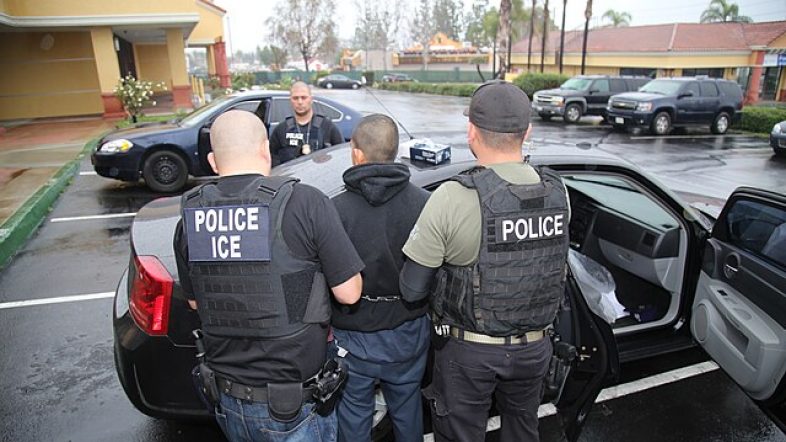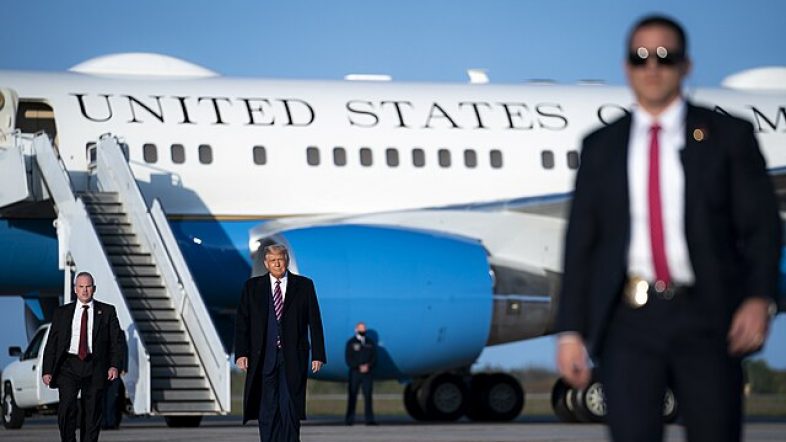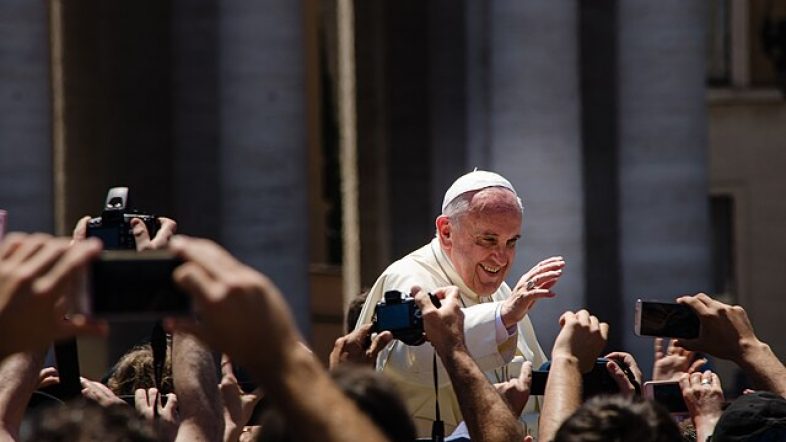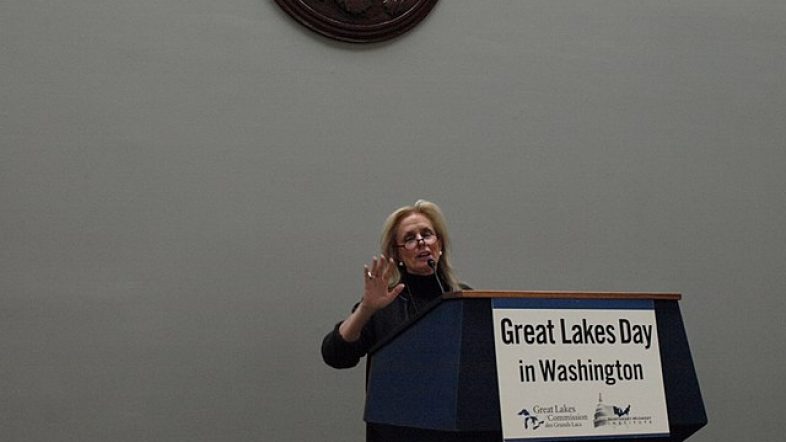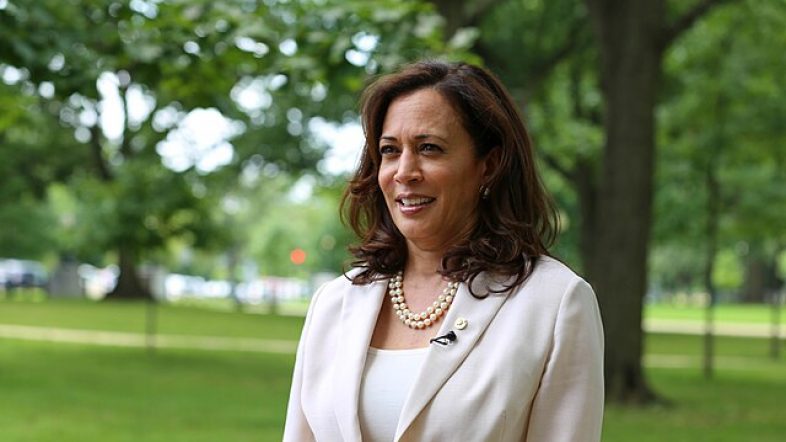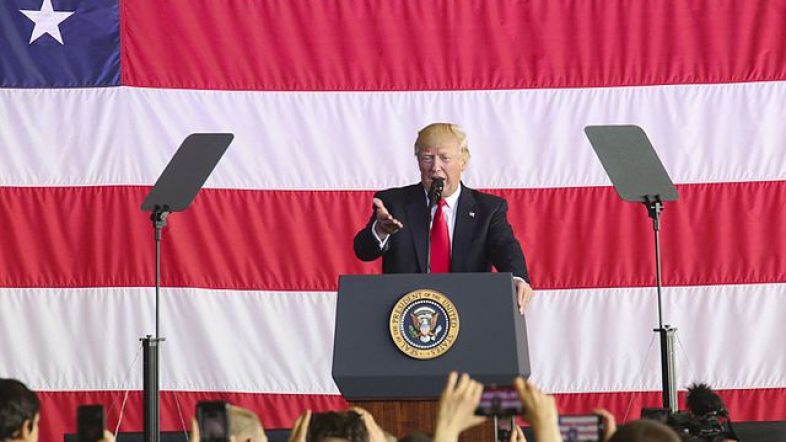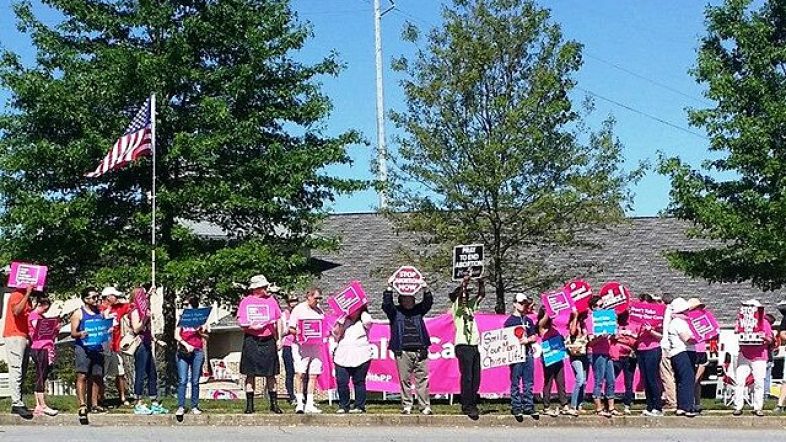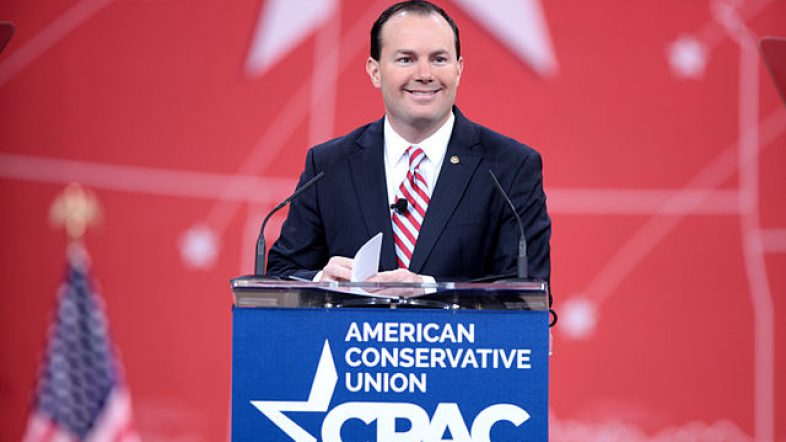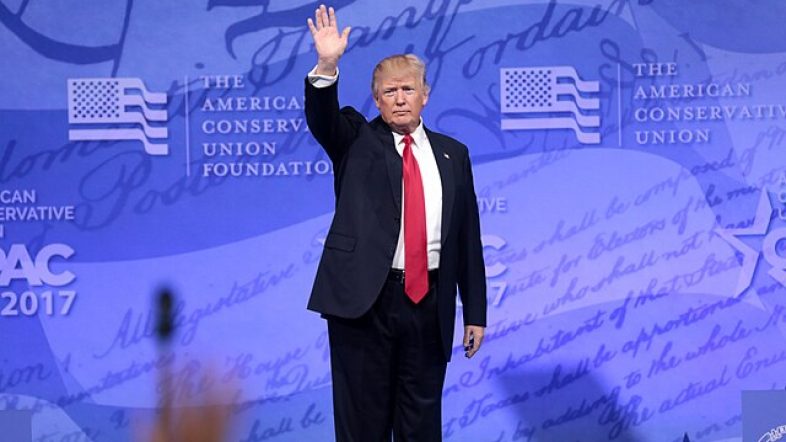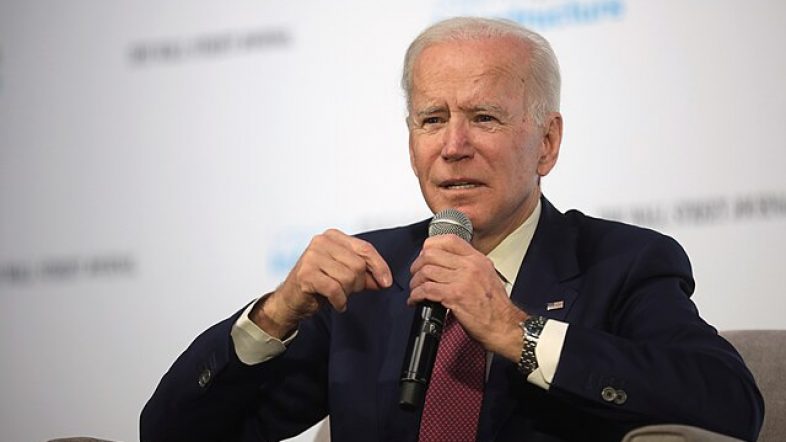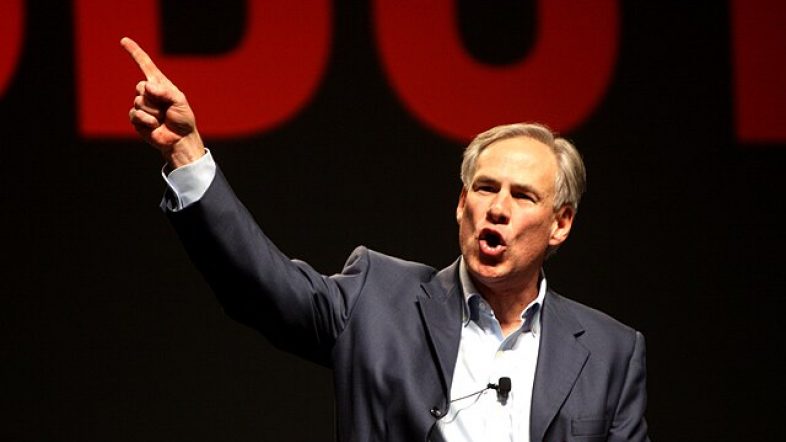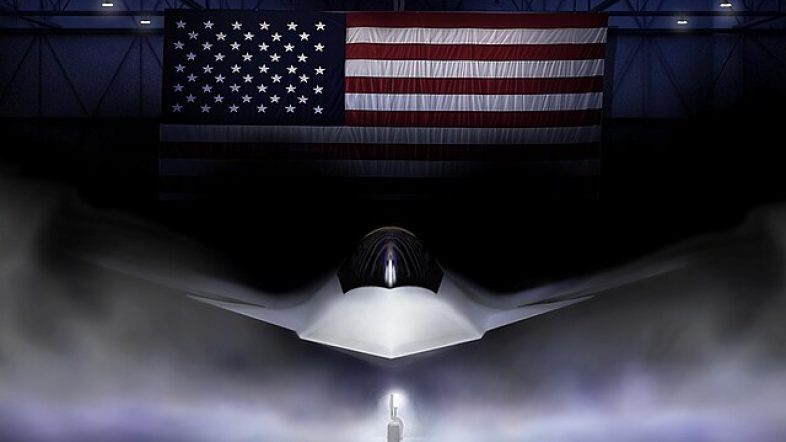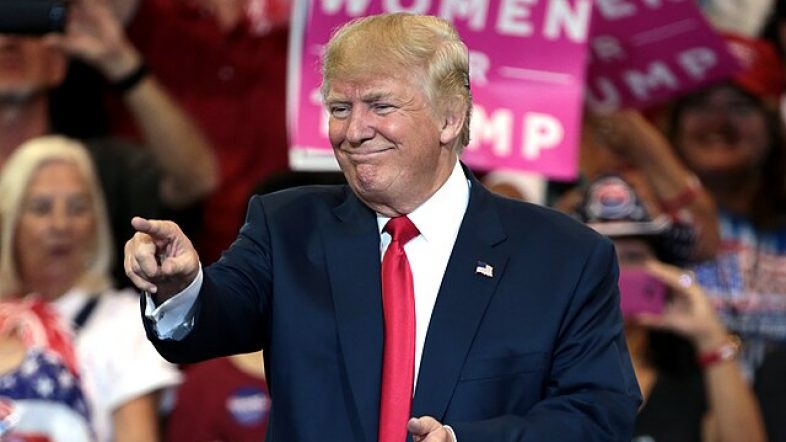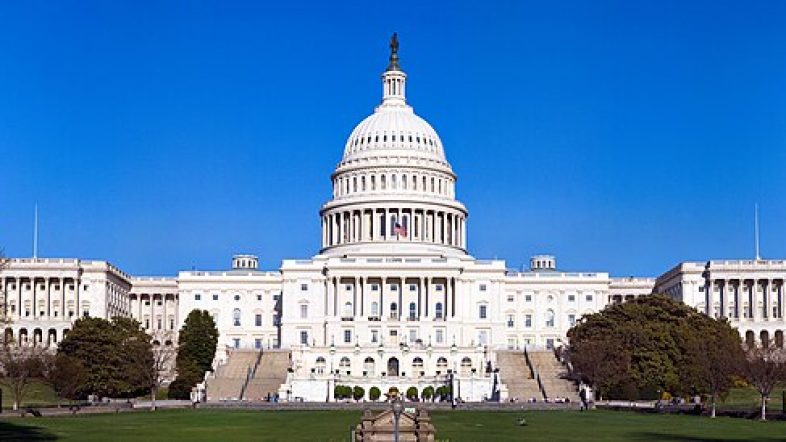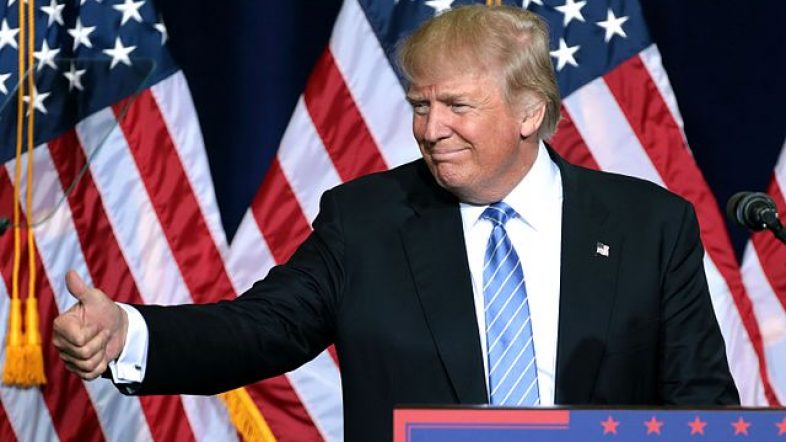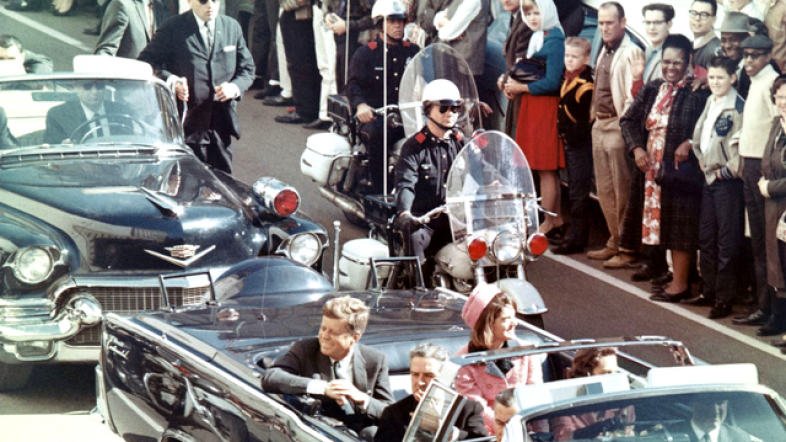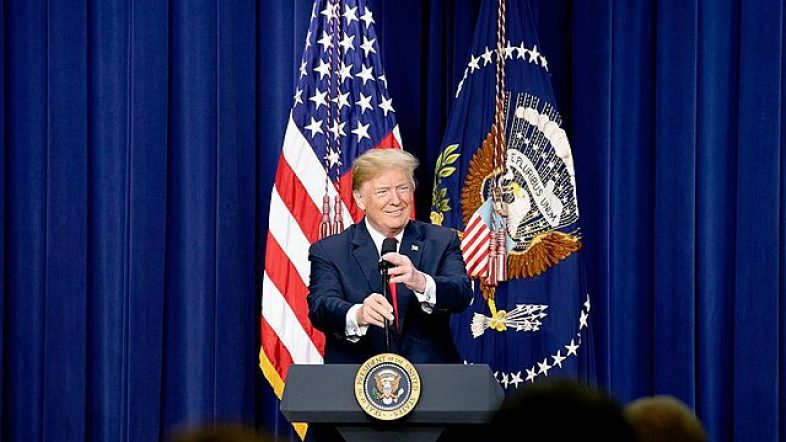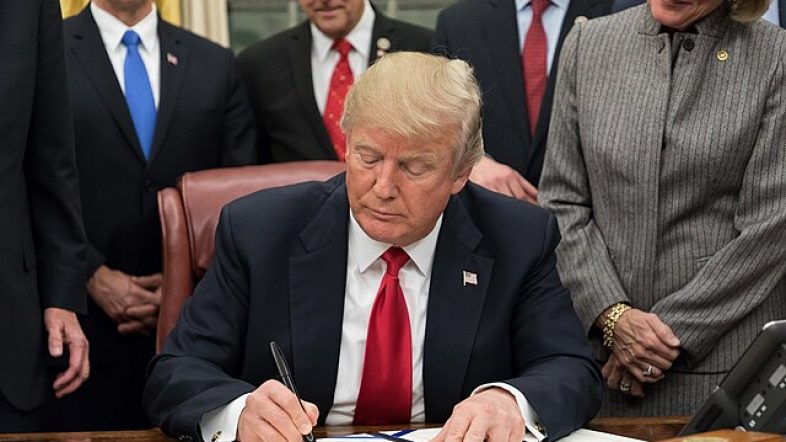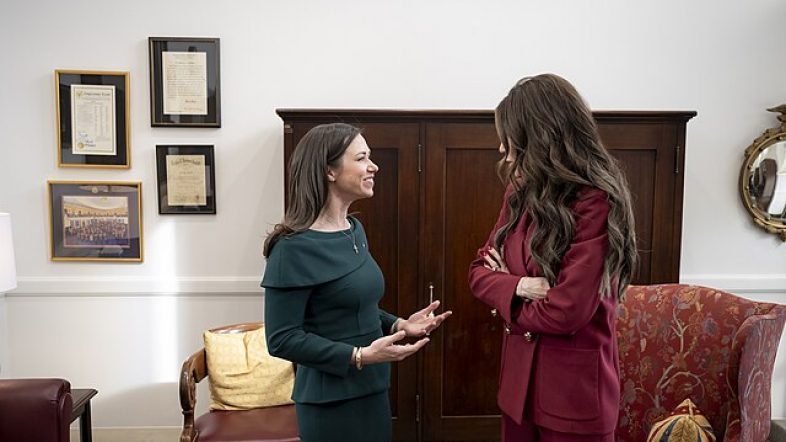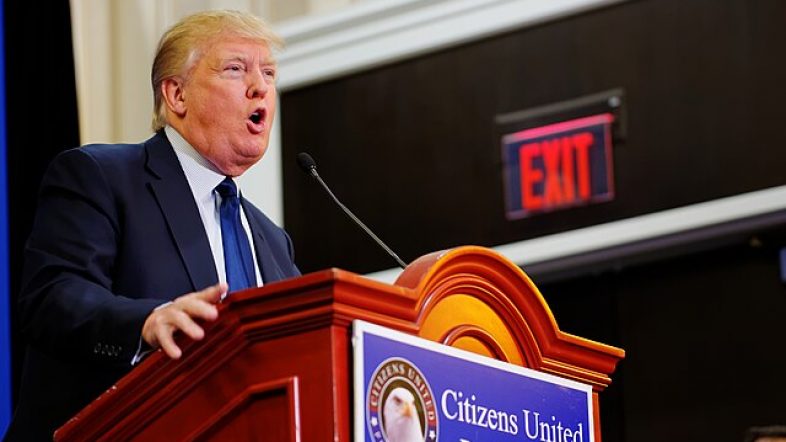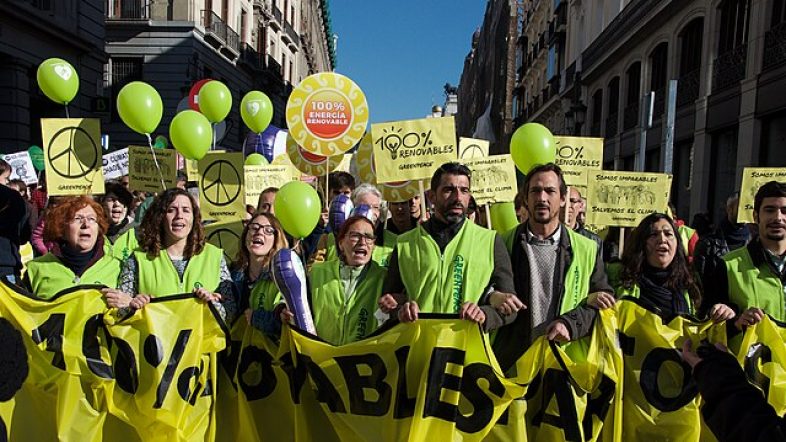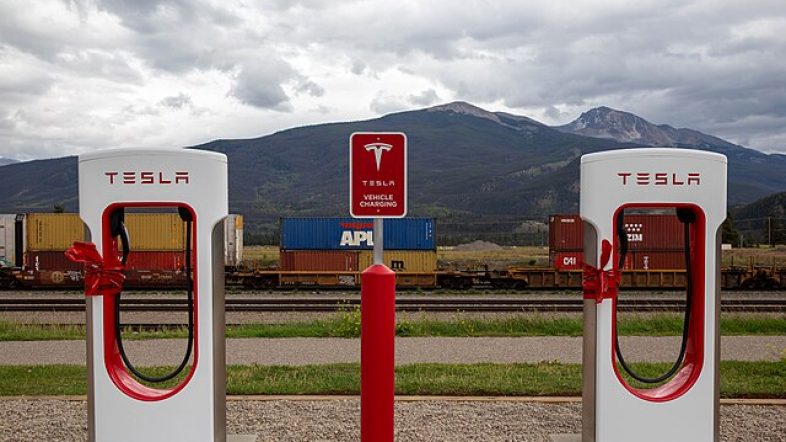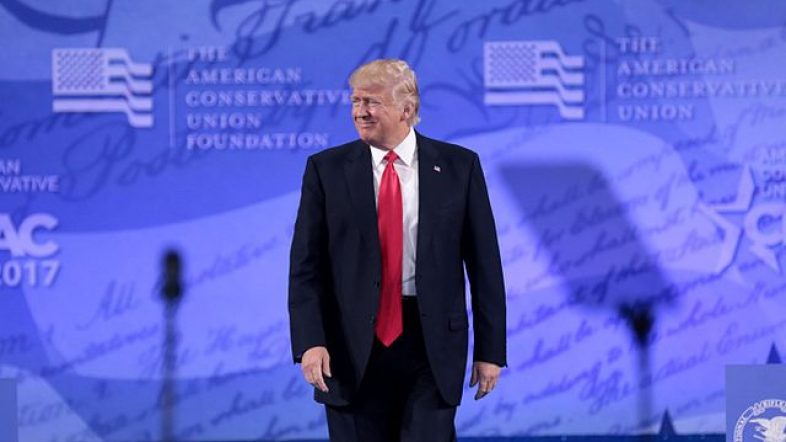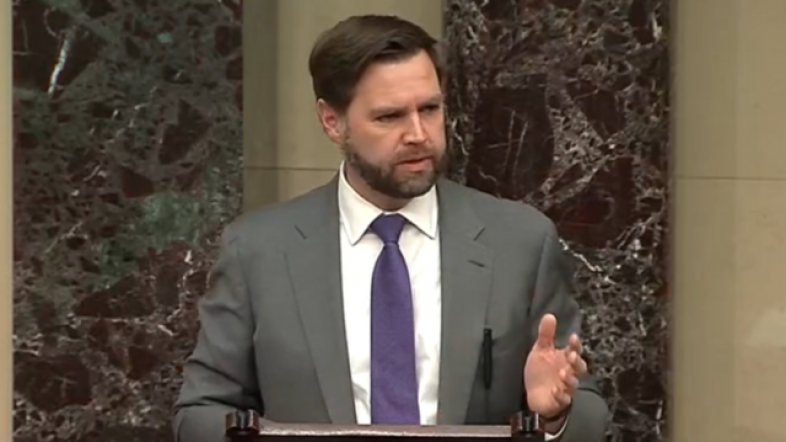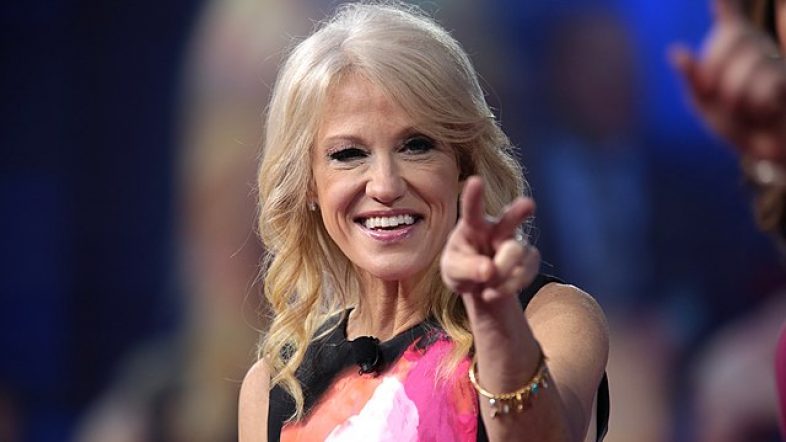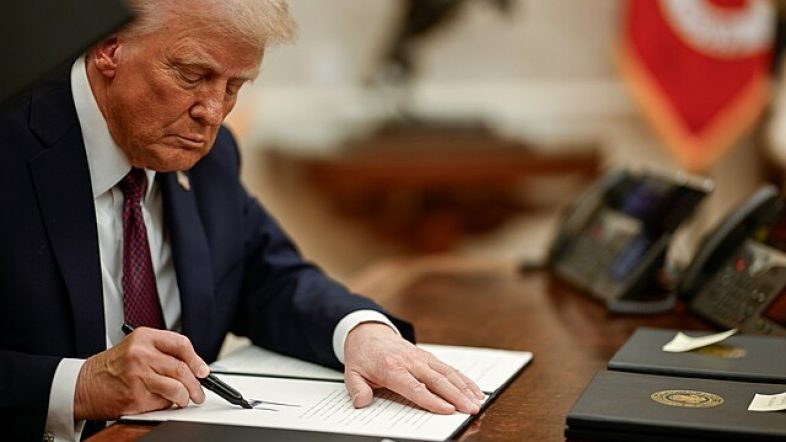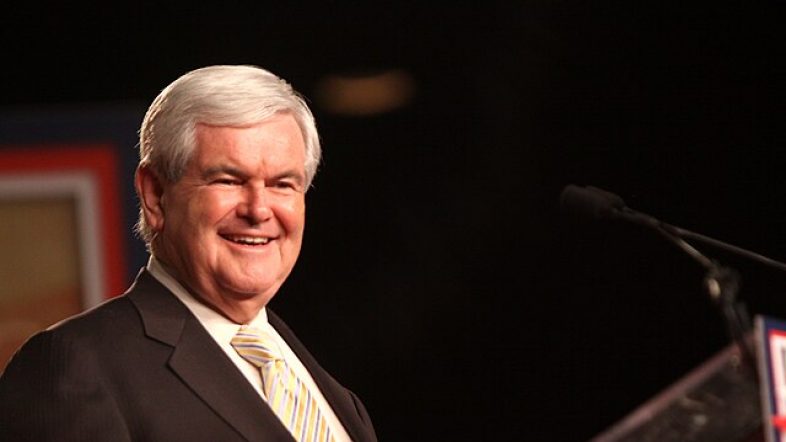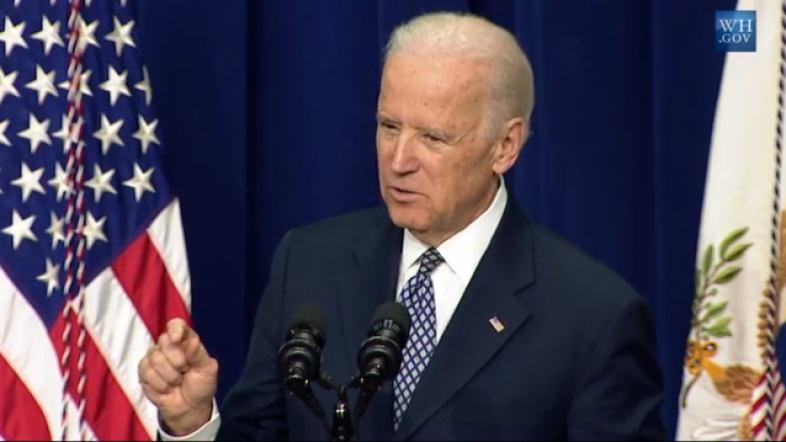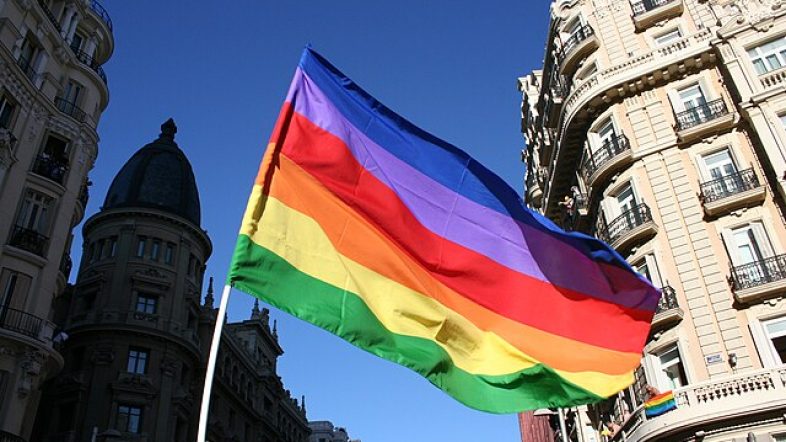Congress released a new bipartisan spending bill early Tuesday morning that would fund the government through next fall. The price tag – 1.7 trillion dollars. Senate is expected to vote on the bill first, where at least 10 Republicans are needed to send it to the House. Though House Minority Leader Kevin McCarthy (R-California), would like to delay the spending package until Republicans take control of the House next Congress.
This new bill would increase federal spending from last fiscal year, allocating some of the funds as follows:
- – $858 billion in military spending
- – More than $772 billion for domestic programs for the remainder of the fiscal year – which ends in September
- – $40 billion to assist U.S. communities recovering from natural disasters, such as droughts, hurricanes, etc.
- – Additional funds would be sent to Ukraine to support the war with Russia.
- – An unknown amount of money would be used for election reforms that would be intended to clarify the vice president’s role in certifying electoral votes in an attempt to avoid a repeat of the January 6, 2021 attack on the Capitol.
This is expected to be the last major bill of this current Congress, as Lawmakers are trying to pass a spending package before midnight Friday to avoid a potential partial government shutdown heading into Christmas. Senate Minority Leader Mitch McConnell (R-Kentucky) has said he would be looking for a short-term package in the new year if this one failed, which would guarantee that the new Republican House majority would get to shape legislation. Though, in the same breath, McConnell has said this package would still be a victory for Republicans.
The spending package has however come three months late as the goal was October 1st, the government’s first day of a new fiscal year. Though it had some delays. One, between Maryland and Virginia, that lasted for hours over the language regarding the location of the FBI’s future headquarters. This shouldn’t come as a surprise as we know this bill will come with more than just spending sanctions. As it is now, it is also set to include the ban of TikTok on government-issued smartphones and some other devices. Some wishlist items Democrats pushed to make the bill, but were ultimately excluded, were immigration provisions, cannabis banking measures, and a child tax credit expansion.
The Senate is expected to vote on the bill first but Democrats will need the support of at least 10 Republicans to pass it and send it to the House.

